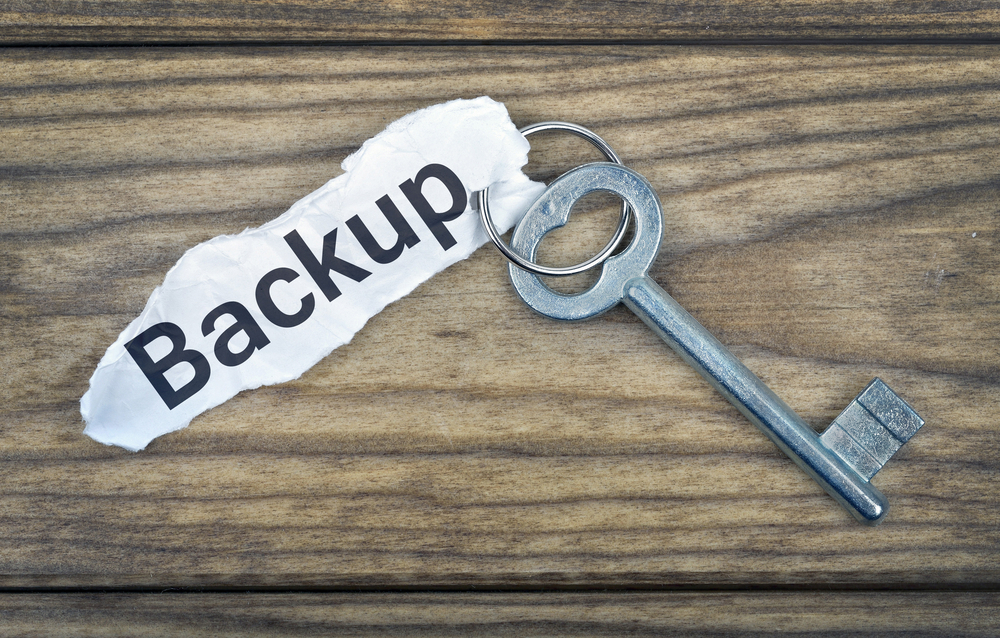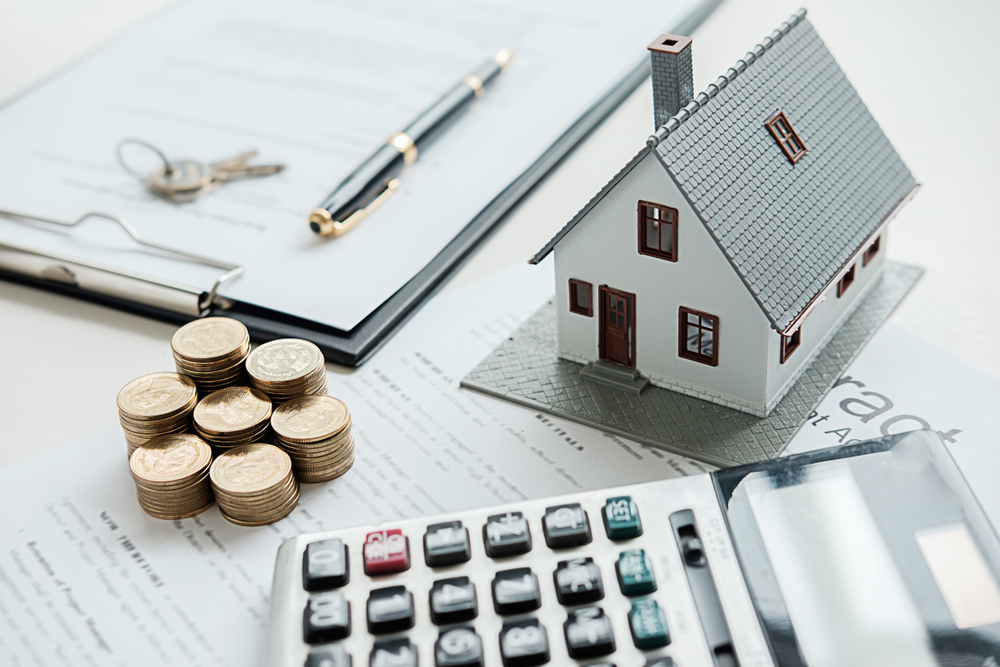Things You Should Know About Accepting Backup Offers in Real Estate
If you’re considering selling your home, you may be wondering if you should accept backup offers. Here’s what you need to know about accepting backup offers in real estate. When you list your home for sale, you typically receive multiple offers. The first offer is usually the highest offer, but you may also receive lower offers from other interested buyers. These lower offers are known as backup offers. Backup offers can be a good option if you’re not sure whether you want to sell your home or if you’re still considering different offers. However, there are some things to keep in mind before accepting a backup offer. What Are Backup Offers in Real Estate? A backup offer is an offer from an interested buyer who is willing to purchase your home if the primary buyer falls through. Backup offers are usually lower than the first offer, but they can still be a good option if you’re not sure whether you want to sell your home. There are two types of backup offers: 1. Contingent Offers: A contingent offer is an offer that is contingent upon the sale of the buyer’s home. This means that the buyer is only willing to purchase your home if their home sells first. 2. Non-Contingent Offers: A non-contingent offer is an offer that is not contingent upon the sale of the buyer’s home. This means that the buyer is willing to purchase your home even if their home does not sell. Should You Accept Backup Offers? There are some things to consider before accepting backup offers, such as: 1. The Amount of the Offer: One thing to consider is the amount of the offer. If the backup offer is significantly lower than the first offer, you may want to reconsider accepting it. 2. The Type of Offer: Another thing to consider is the type of offer. Contingent offers may be more risky than non-contingent offers because there’s no guarantee that the buyer’s home will sell. 3. The Chance of the First Offer Falling Through: You should also consider the chance of the first offer falling through. If the first offer is unlikely to fall through, you may want to reject the backup offer. 4. Your Timeline: Another thing to consider is your timeline. If you’re not in a rush to sell your home, you may want to wait for a higher offer. However, if you’re ready to sell your home, accepting a backup offer may be the best option. 5. The Terms of the Offer: Another thing to consider is the terms of the offer. Make sure you understand all the terms of the offer before accepting it. Ultimately, whether or not you accept a backup offer is up to you. There are some things to consider before making a decision, but ultimately it’s up to you whether or not you want to accept a backup offer. Can You Withdraw a Backup Offer? If you’re the buyer, you may be wondering if you can withdraw your backup offer. The answer is yes, you can withdraw your backup offer at any time before it’s accepted by the seller. If you’re the seller, you may be wondering if you can accept a backup offer after accepting another offer. The answer is yes, you can accept a backup offer after accepting another offer, but only if the first offer falls through. Things to Keep in Mind There are a few things to keep in mind when considering backup offers, such as: 1. The First Offer May Not Be the Best Offer: Just because the first offer is the highest offer doesn’t mean it’s the best offer. There are other factors to consider, such as the terms of the offer and the chance of the first offer falling through. 2. You May Receive Multiple Backup Offers: You may receive multiple backup offers from different buyers. Make sure to compare all offers before accepting one. 3. The Backup Offer May Be Non-Binding: The backup offer may be non-binding, which means that the buyer is not obligated to purchase your home if the first buyer falls through. 4. You Don’t Have to Accept a Backup Offer: Ultimately, you don’t have to accept a backup offer. If you’re not sure whether or not you want to sell your home, you can reject all offers and wait for a better offer. 5. Accepting a Backup Offer is Not the Same as Accepting an Offer: Just because you accept a backup offer doesn’t mean you have to sell your home. If the first offer falls through, you can still reject the backup offer. Accepting a backup offer can be a good option if you’re not sure whether you want to sell your home or if you’re still considering different offers. However, there are some things to keep in mind before accepting a backup offer. Make sure to consider the amount of the offer, the type of offer, and your timeline before making a decision. Ultimately, whether or not you accept a backup offer is up to you. Bottom Line Backup offers can be a good option if you’re not sure whether you want to sell your home or if you’re still considering different offers. However, there are some things to keep in mind before accepting a backup offer. Ultimately, whether or not you accept a backup offer is up to you. There are some things to consider before making a decision, but ultimately it’s up to you whether or not you want to accept a backup offer.
Things You Should Know About Accepting Backup Offers in Real Estate Read More »







